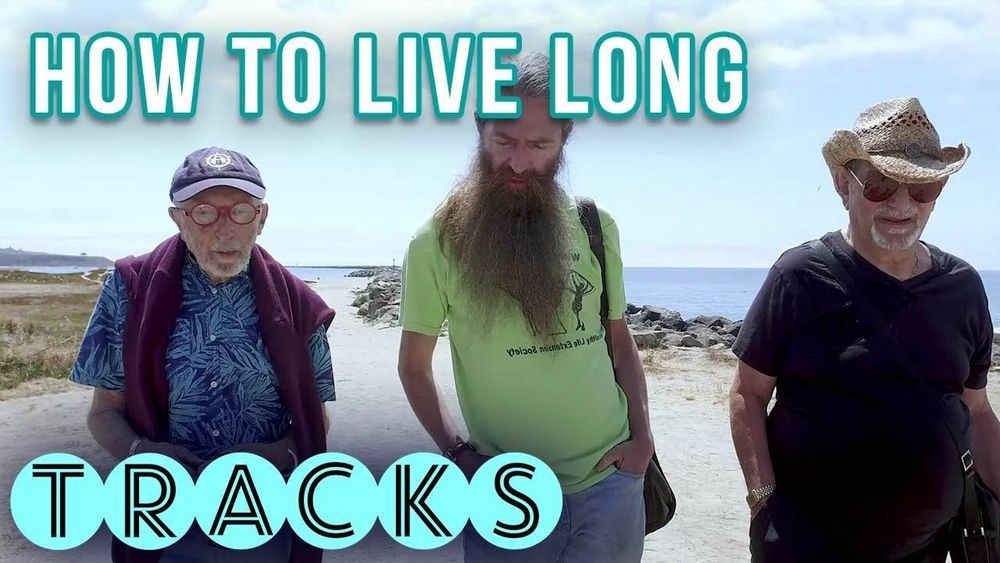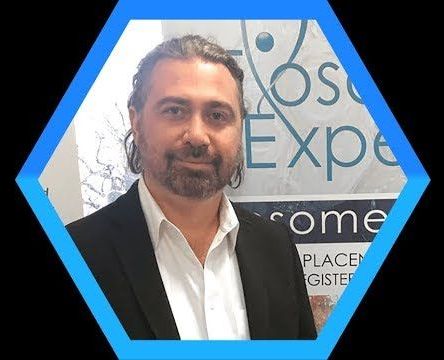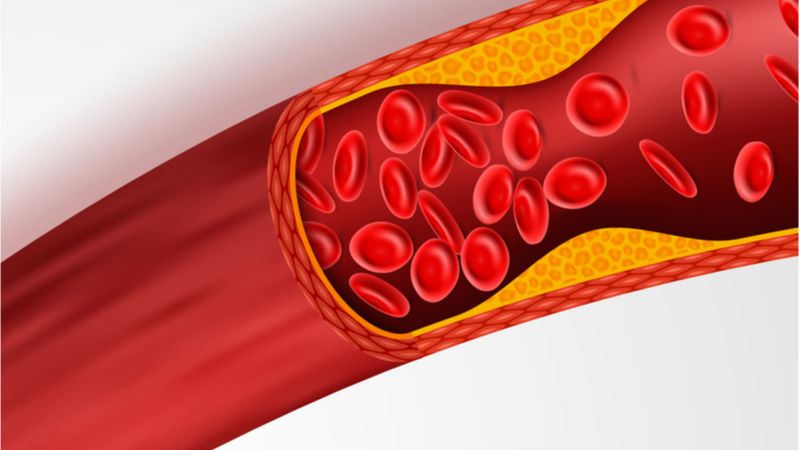Give the gift of cutting edge longevity insight with our Black Friday sale: $20 off 2019 RAADfest video collection starting now! 🔛https://vimeo.com/ondemand/raadfest2019



Increases in life span are one of the greatest success stories of modern society. Yet, while most of us can expect to live longer, we are spending more years in ill health. Reducing this period of ill health at the end of life is the main aim of a group of scientists known as biogerontologists.
By studying aging in animals, including fruit flies, worms, and rodents, biogerontologists have identified biological phenomena involved with aging that all these organisms share. And some of these biological processes may also regulate aging in humans.
Scientists attempting to understand and improve the aging process have identified many molecules that appear to improve aging in these animals (although evidence in humans remains scant). These molecules include compounds found in grapes, apples, and even bacteria.

Husbands Ian and Leon discuss the future of longevity technology and genetic research in Silicon Valley with the infamous bio-tech renegade Aubrey DeGrey.
Ian and Leon then drive a classic car down the Pacific Coast Highway and into the desert to the 7th Day Adventist community of Loma Linda to learn about “Blue Zones” and how anyone can make simple lifestyle changes that would allow them to live radically longer lives.
https://bit.ly/2lneXNy
TRACKS publishes unique, unexpected and untold stories from across the world every week.
From Longevity Road Trip
Facebook: https://www.facebook.com/TRACKSTravelChannel/
Content licensed from Canamedia to Little Dot Studios.

We will have a fresh new presentation on Exosomes “The End of Aging” by Harvard Genetics Genius Dr. Duncan Ross, the Founder of Kimera Labs. And Bill Faloon will present the latest in Age Reversal research.
Visit The Church of Perpetual Life this Thursday, November 21st at 7:00 PM.
Our Doors open at 6:00 PM
Before the service: Enjoy tasty snacks, networking and conversations on Age Reversal, Cryonics, The Singularity and other topics of interest to all for the quest of an Unlimited Life. Stay afterwards as we have a delicious 5 star dinner reception with speakers.
Bring a friend! Someone that you would like to share news of amazing emerging technologies on Health & Extreme Longevity!
“Our task is to make nature, the blind force of nature, into an instrument of universal resuscitation and to become a union of immortal beings.“
- Nikolai F. Fedorov
We hold faith in the technologies & discoveries of humanity to END AGING and Defeat involuntary Death within our lifetime.
Working to Save Lives with Age Reversal Education.

A particularly harmful byproduct of oxidized cholesterol appears to be a primary cause of atherosclerosis and a therapeutic target ripe for the taking. A new review takes a look at 7-ketocholesterol and its role in aging and disease.
A new review exploring 7-ketocholesterol
We recently reported on the launch of Underdog Pharma, a new startup biotech company that was spun off from many years of research at SENS Research Foundation and is focused on the problem of 7-ketocholesterol.

Last week, the BBC reported on the plight of axolotls in Mexico City, which are under threat of extinction. [1] The risk to these creatures is made doubly concerning when you consider their incredible ability to regenerate and apparent immunity to cancer, which is of great interest to scientists and companies working in the Longevity sector. One such company is Bioquark, a Philadelphia-based life sciences company that is working on the development of combinatorial biologics for the rejuvenation and repair of human organs and tissues. Among its clinical plans, it lists the development of therapeutic products for cancer reversion, organ repair and regeneration, and even brain death resuscitation. Nothing major then!
Bioquark has developed a novel combinatorial biologic called BQ-A, which mimics the regulatory biochemistry of the living human egg (oocyte) immediately following fertilization. While ooplasm-based reprogramming has been studied in experiments such as in-vitro fertilization and cloning, Bioquark claims it is the first company to apply it to somatic tissue in mammals.
We spoke with Bioquark’s CEO, Ira Pastor, a 30-year veteran of the pharmaceutical industry, to find out more about the company and where it’s headed.

Statistically, it’s unlikely that most of us will ever reach our 110th birthday, so scientists are fascinated by those few that do. In a new study, researchers looked at the immune systems of people who have hit the milestone, and found that they have a high number of a particular type of immune cell that’s rare even in healthy, younger people.
Even in our world of modern medicine, supercentenarians (people over the age of 110) are extremely rare, with estimates saying there are less than 1,000 such people worldwide. Perhaps not surprisingly, previous studies have shown that people who make it to 110 years old generally seem to avoid illnesses like cancer or infections throughout their whole lifetimes.
So for the new study, researchers at the RIKEN Center for Integrative Medical Science (IMS) and Keio University set out to examine the immune systems of supercentenarians and compare them to younger people. They took over 40,000 cells from seven supercentenarian subjects, and about 20,000 cells from five control subjects, aged in their 50s to 80s.

While Intermittent fasting may sound like another dieting craze, the practice of routinely not eating and drinking for short periods of time has shown again to lead to potentially better health outcomes.
In a new study by researchers at the Intermountain Healthcare Heart Institute in Salt Lake City, researchers have found that cardiac catheterization patients who practiced regular intermittent fasting lived longer than patients who don’t. In addition, the study found that patients who practice intermittent fasting are less likely to be diagnosed with heart failure.
“It’s another example of how we’re finding that regularly fasting can lead to better health outcomes and longer lives,” said Benjamin Horne, Ph.D., principal investigator of the study and director of cardiovascular and genetic epidemiology at the Intermountain Healthcare Heart Institute.

Education and bravery are the key to our survival. In this article we dig into the correlation between health and longevity.
With so many supplement salesman and scientists talking about longevity it can get confusing as to exactly what that might mean. Of course we all want to live as long as we can but most would agree to it only if they were able to be healthy and active. After all how would life be worth it if you were confined to a bed or wheelchair in constant pain?
As we improve health we also extend life. One drawback to extending life is that we face health problems we might have avoided by simply not being alive. However as we extend life we will also extend health and find ways to cure all diseases. For most of humanity throughout the ages Cancer or Alzheimer’s was rarely a cause for concern. Cancer and Alzheimer’s was not as prevalent because most people did not live long enough to be stricken with them. Many humans died from infections, starvation, and injury and thus the expected life span was much lower than today. Every time a new advancement is made in healthcare we improve the odds of living longer. Hospitals, handwashing, and vaccines all improved a human beings chance of survival and also their chance of contracting a new or otherwise unusual disease.